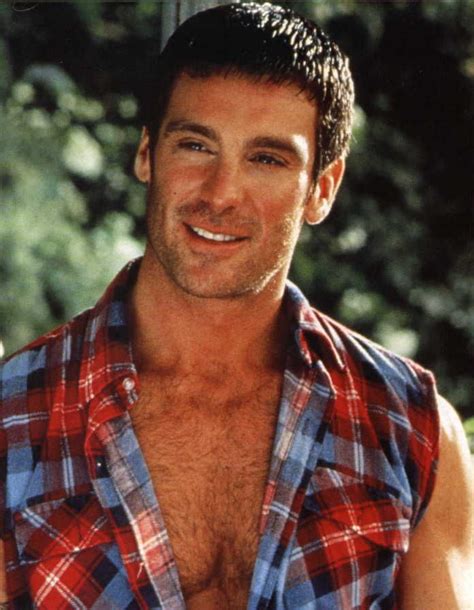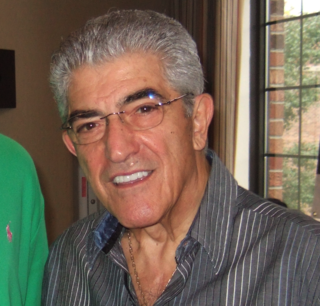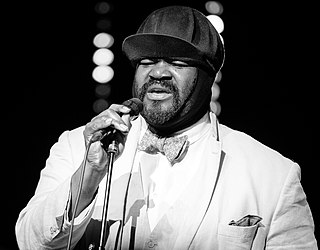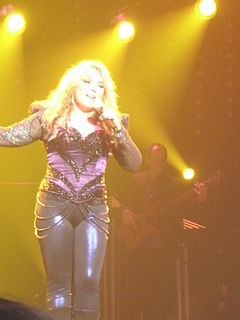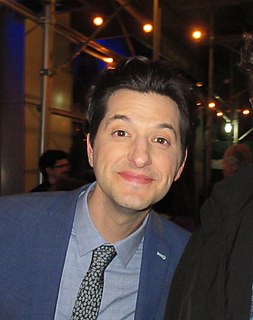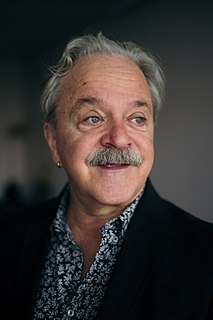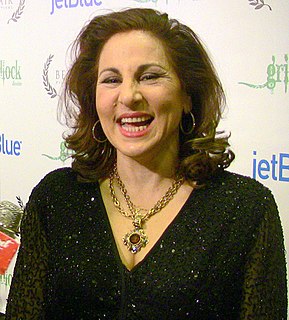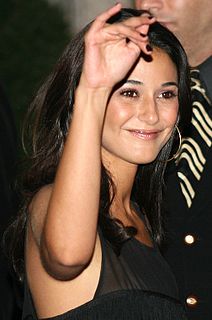A Quote by Felicia Day
Voice acting is very different from live-action. You only have one tool to convey emotion. You can't sell a line with a look. It's all about your vocal instrument.
Related Quotes
Did you know that the human voice is the only pure instrument? That it has notes no other instrument has? It's like being between the keys of a piano. The notes are there, you can sing them, but they can't be found on any instrument. That's like me. I live in between this. I live in both worlds, the black and white world.
I do very little on-camera acting, so within a phrase as a voice actor you have to know how to convey when someone is 95 years old or 19 years old. . . When I was the lead singer of the California Raisins commercials there was a traditional actor there as well and he would do all these body movements without saying anything because he was "acting." And the only acting the microphone picked up on was silence.
While voicing animations I use the same acting muscles, even more because you have to channel all into your voice, whereas when you're live-action you get props and scenery and other actors and your facial expressions and what happens to help you. It's not necessarily easier as an actor to do voice-overs, it's easier as a person.
The first time we did it [voice-over], I was trying to use my face and my eyes more so and really portray that emotion, and that didn't matter. I realized you have to bring that emotion into the way you sound, and all those different layers have to be in your voice instead of the way you are wrinkling your eyebrows or whatever. I had to learn how to do that.

